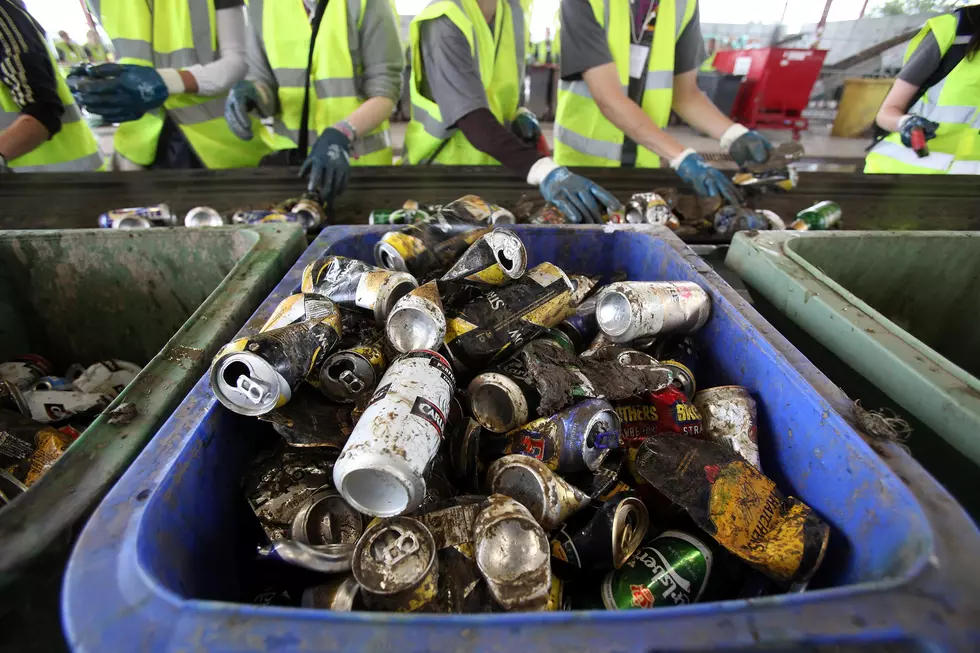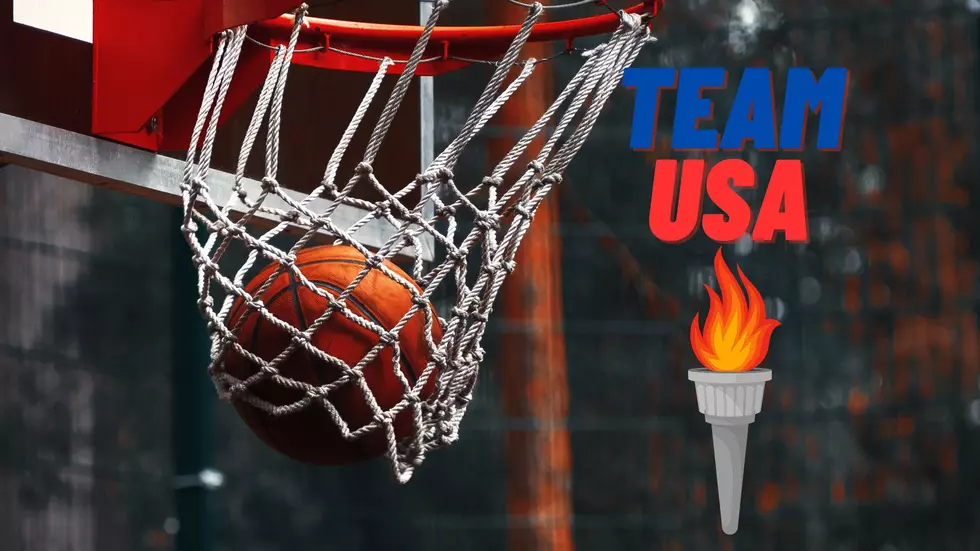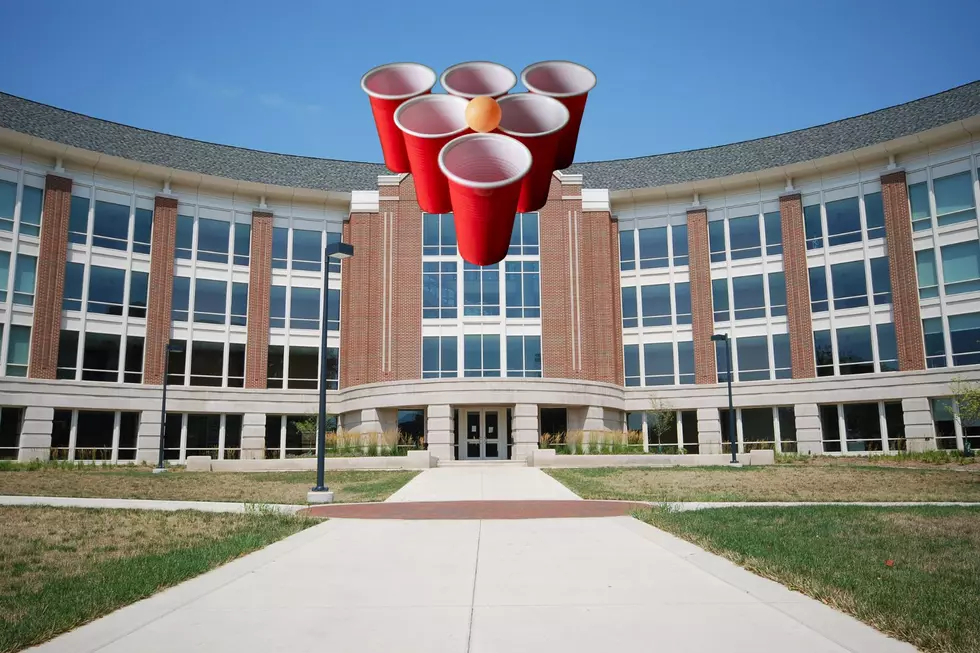
Changing Behaviors One Candy Wrapper at a Time
URBANA - Building awareness about environmental concerns is one thing. Getting people to actually change their behaviors and become better stewards of the environment themselves is quite another, and much more difficult to accomplish as University of Illinois students in Ming Kuo’s Environmental Psychology class learned. They worked in groups to evaluate programs that promote environmental sustainability and make recommendations for how the programs could improve their effectiveness. According to Kuo, the student groups were paired with actual clients, making the project not just an assignment for a grade, but a real-world problem to solve.
One group of students worked with Sarah Vorreiter, a resident assistant in Lincoln Avenue Residence Hall on a floor designated as a Sustainable Living and Learning Community whose students tend to care more about environmental issues. Vorreiter had already initiated a recycling program with TerraCycle, an organization that collects trash and transforms it into sellable products, but participation had been low to nonexistent. She wanted the group from Kuo’s class to help her expand the program and encourage more students to participate by recycling the specific kinds of trash that the company accepts.
“We saw that there was no pre-existing advertising or other visible prompts to encourage students to participate,” said Nick Musso, one of the students in the group. In order to solve the problem, the team of students decorated the large receptacles in the common trash collection room. But they found that one of the biggest obstacles to recycling was that the students were reluctant to take their trash down the hall to that special receptacle. “We were able to get boxes free from the Lincoln Avenue Residence dining hall,” Musso said. “We stapled a flyer about the program to the boxes and delivered one to each room on the floor. Having a box right in their room made it more convenient for them to participate.”
The group also put flyers and collection bins in the women’s shower areas, making it convenient for them to recycle empty shampoo and other beauty care product containers. “The students did a good job of thinking through where and how the residents use the products,” Kuo said. “Putting the recycling bins in locations that are convenient made it easy for people to participate.”
The team also generated enthusiasm for the program with a pseudo competition. They set goals for the number of chip bags, dairy and beauty product containers, and candy wrappers the floor would collect in a three-week period of time and displayed colorful posters in the dorm to track the progress. The program resulted in 42 times more recycling of chip bags and 36 times more beauty care products than was recorded by Vorreiter from the months before.
Vorreiter plans to be on the same floor of the residence hall again next year and hopes to continue the program, utilizing some of the recommendations from the team of students, particularly the boxes in each of the dorm rooms. “The individual boxes were really helpful,” Vorreiter said. “Two other resident advisors are planning on adopting these changes, and one has already started getting boxes for his floor.”
Information from Debra Levey Larson at the University of Illinois.
More From KHMO-AM 1070, News-Talk-Sports









